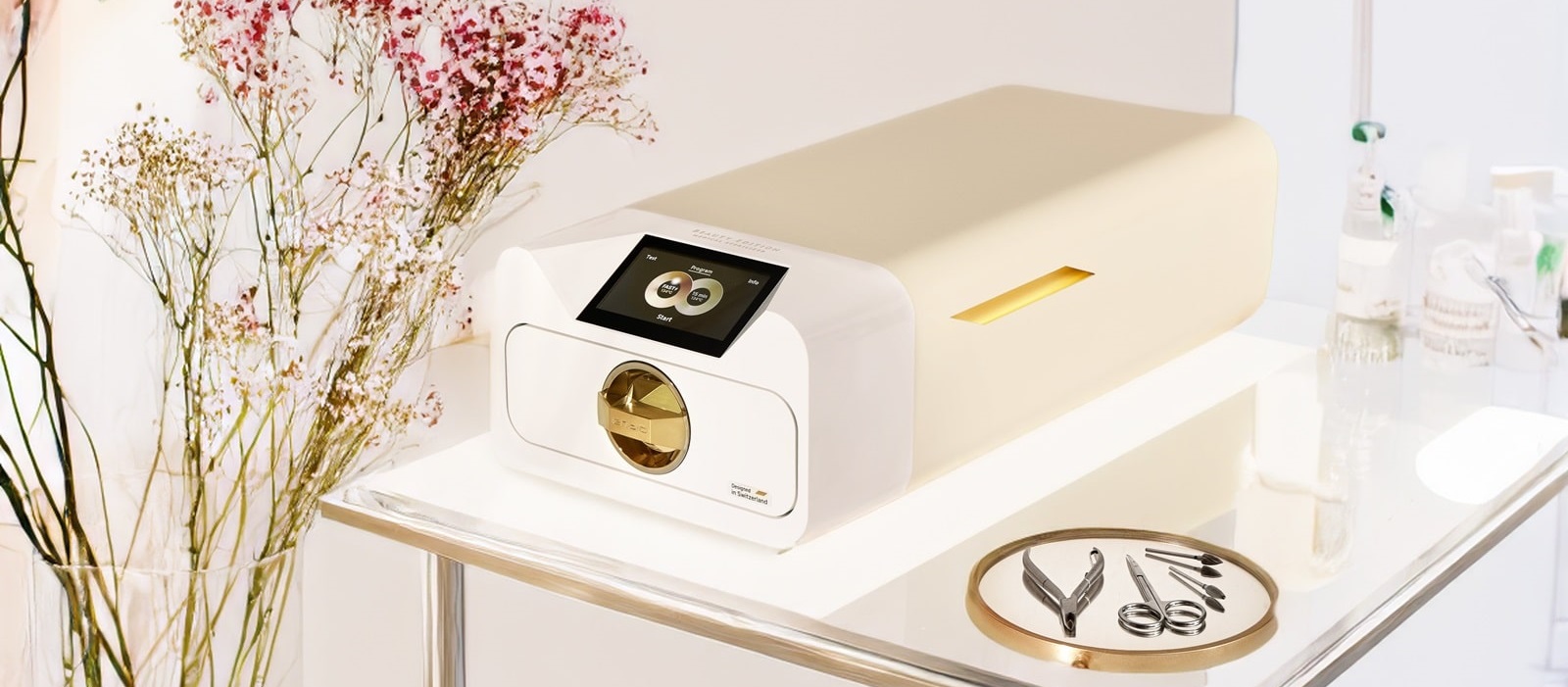Autoclaves are crucial pieces of equipment in various industries, from healthcare to cosmetology. Therefore, it’s important to take proper care of them to ensure their long-term and reliable operation. Here are three proven tips to help extend the lifespan of your autoclave.
1. Regular Maintenance Inspections
One of the most important steps to ensure the longevity of your autoclave is regular maintenance inspections. These inspections help identify potential issues before they become major malfunctions. Regular maintenance includes checking all mechanical, electrical, and control systems. It’s also important to ensure that all parts are clean and free from contaminants that could lead to wear and tear.
Key Actions During Inspections:
- Checking and replacing seals if necessary.
- Calibrating temperature and pressure sensors.
- Inspecting and cleaning heating elements.
- Checking the water and air discharge system.
Regular inspections might seem time-consuming, but they are an investment that will ensure your autoclave operates smoothly for many years.
2. Regular Testing
Conducting regular operational tests is crucial for maintaining your autoclave in excellent condition. These tests allow early detection of operational issues and prevent major breakdowns. Regular tests include both biological and chemical tests, which confirm that the autoclave effectively sterilizes instruments and materials.
Types of Tests to Conduct:
- Biological Tests: Check the effectiveness of sterilization using biological indicators that are subjected to the sterilization process.
- Chemical Tests: Use chemical indicators that change color under the appropriate temperature and pressure.
- Bowie-Dick Tests: Special tests conducted to check the autoclave’s ability to remove air and penetrate steam.
Regularly conducting these tests not only ensures safety and hygiene but also helps maintain the device in optimal technical condition.

3. Using the Right Water
One of the most commonly overlooked aspects of autoclave maintenance is using the right water. The water used in autoclaves should be demineralized or distilled to prevent the buildup of scale and other contaminants inside the device. Mineral deposits can lead to clogged pipes, corrosion, and damage to heating elements, significantly reducing the lifespan of the autoclave.
Tips for Using Water:
- Avoid Tap Water: Tap water contains minerals that can deposit in the autoclave.
- Use Demineralized Water: This is water from which most minerals have been removed.
- Regularly Check Water Quality: Ensure that the water used is clean and free from contaminants.
In summary, taking care of an autoclave requires a systematic approach that includes regular maintenance inspections, operational tests, and using the right water. These simple yet effective actions will help keep the device in excellent condition for many years, ensuring both safety and hygiene in your work.
